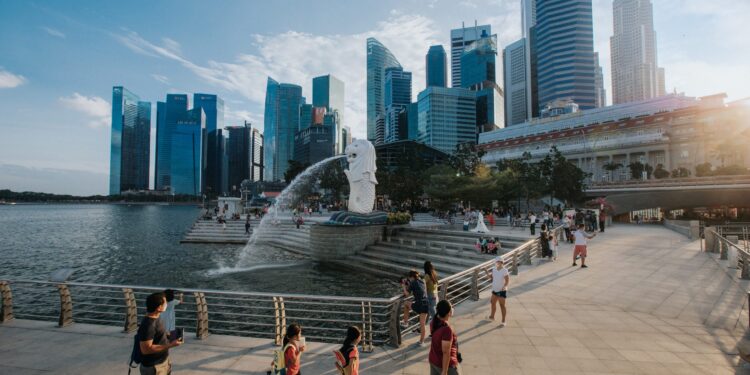Preserving Singapore’s Infrastructure: The Critical Role of Waterproofing

In the tropical climate of Singapore, marked by high humidity and frequent bouts of heavy rainfall, the necessity for effective waterproofing is more than just a preventive measure—it’s an investment in the longevity and integrity of buildings
Related Topic: waterproofing singapore
Singapore’s climate poses unique challenges to both residential and commercial buildings. Prolonged exposure to moisture can lead to a plethora of issues such as structural damage, mold growth, and a decrease in property value. Water leakage and dampness, if left unattended, can undermine a building’s structural integrity over time, leading to costly repairs or, in worst-case scenarios, necessitating the demolition of the building.
However, these dire consequences can be mitigated with regular maintenance and the implementation of proper waterproofing solutions. By creating a barrier against moisture intrusion, waterproofing not only prevents water damage but also preserves the aesthetic appeal of buildings.
There are several types of waterproofing solutions available in Singapore, each with its own set of advantages and disadvantages. For instance, liquid applied membranes are versatile and have excellent adhesion but require careful application. Cementitious waterproofing is easy to apply and cost-effective but lacks flexibility. Polyurethane liquid membranes offer superior performance but can be more costly.
By understanding the unique requirements of each building, waterproofing professionals can recommend the most suitable solution. This tailored approach ensures that the waterproofing system is effective, durable, and offers the best return on investment.
Moreover, waterproofing adds significant value to buildings. It enhances the durability of the structure, reduces maintenance costs, and increases the building’s resale value. Furthermore, it provides peace of mind to occupants, knowing that their building is protected against the damaging effects of water intrusion.
In conclusion, given Singapore’s climate, waterproofing is not just important—it’s essential. By investing in quality waterproofing solutions, property owners can protect their buildings from water damage, ensure their longevity, and ultimately, reap the financial benefits in the long term.






